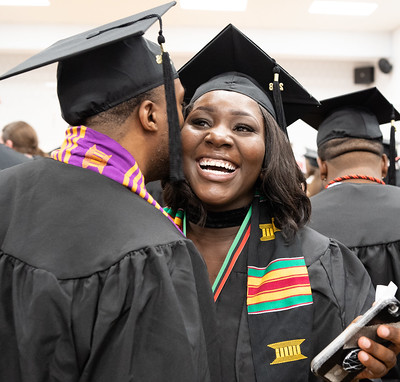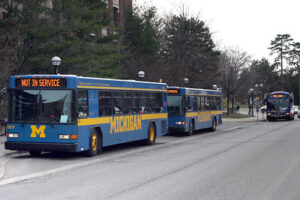Earlier this year, I wrote about new three-year bachelor’s degree programs being offered at BYU-Idaho and Ensign College. Three-year bachelor’s degree programs aren’t new. They’re standard in European countries. So, what makes four years in school better than three?
As it turns out, there’s nothing magic about earning 120 credits. (Except that most professorial teaching contracts require a minimum number of hours spent in the classroom.) In order to achieve that, the standard bachelor’s degree ballooned to four years to give the professors ample opportunities to meet their contractual teaching requirements.
A three-year bachelor’s degree track offers a lot of upside. First, it allows students to complete an academic program faster. Currently, less than half of all college-going students complete their degrees on-time (where “on-time” is defined as completing a degree program in six years or less).
A three-year program could also stem the tide of dropouts. Currently, more than one million students leave school without completing a degree program. Three out of four dropouts are first-generation college students. Two-thirds of college dropouts come from low-income homes and most people who leave college never complete a bachelor’s degree.
It also costs less than a standard bachelor’s degree, which seems to be unnecessarily long and expensive. Since cost is one of the major decision making factors that people use when deciding whether to continue, anything that reduces the cost of attendance helps.
Three -year bachelor’s completion programs could be a solution for the one million students every year who leave a four-year institution empty-handed. And it’s something that community colleges could accomplish by combining an associate degree with a one-year certificate program.
Community colleges could deliver a three-year bachelor’s degree
This would require legislative action to permit community colleges to issue three-year bachelor’s degrees. If the legislature approved, community colleges would likely be limited in the types of three year degrees a student could complete.
This change would be more meaningful and would create a pathway back to higher education for those students who earned credits from a four-year institution without earning a degree. A three-year degree would enable the high proportion of first-generation students and low-income students to complete a degree program quickly and cost effectively. Statistics show that around 18,000 Michiganders re-enroll in programs to complete their bachelor’s degree after dropping out along the way.
Instead of creating opportunities to directly compete with universities, why not create an alternative that Michigan universities don’t currently offer?
Photo Credit: Henderson State University, via Flickr













